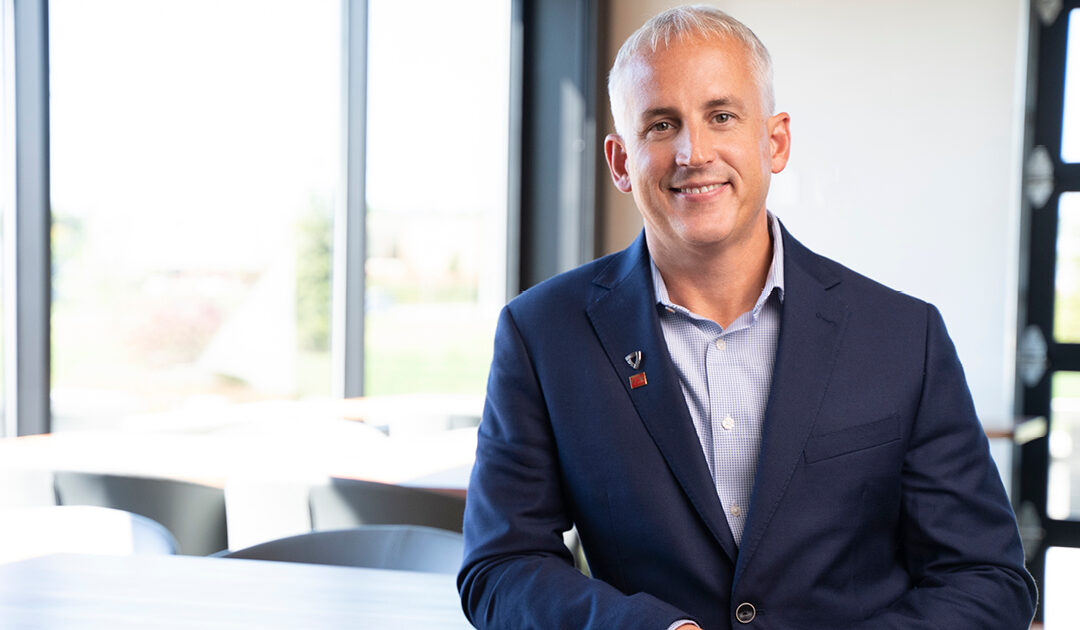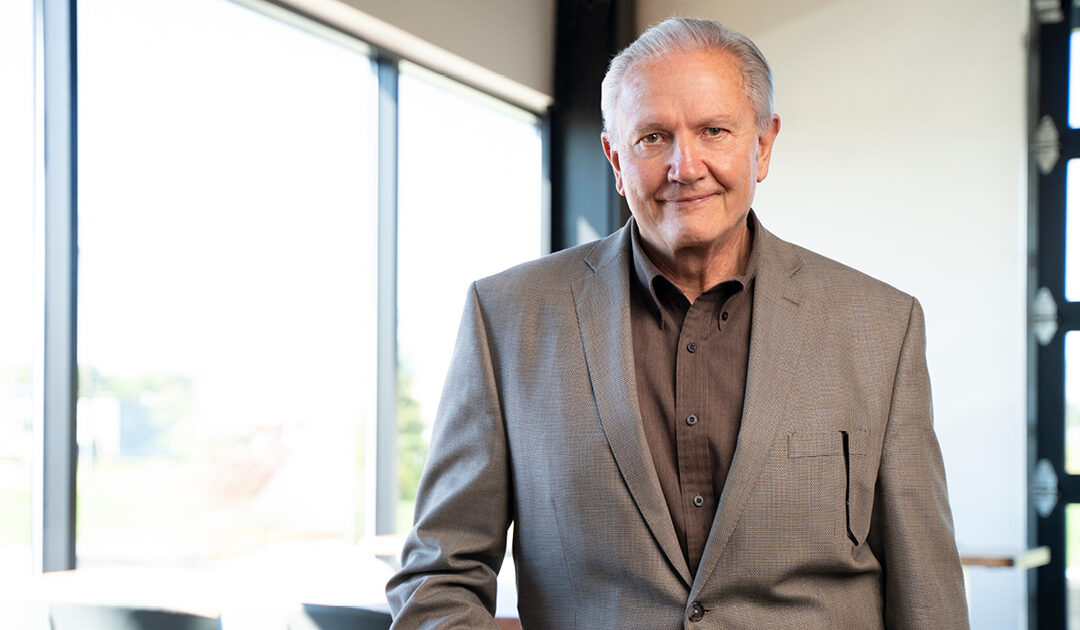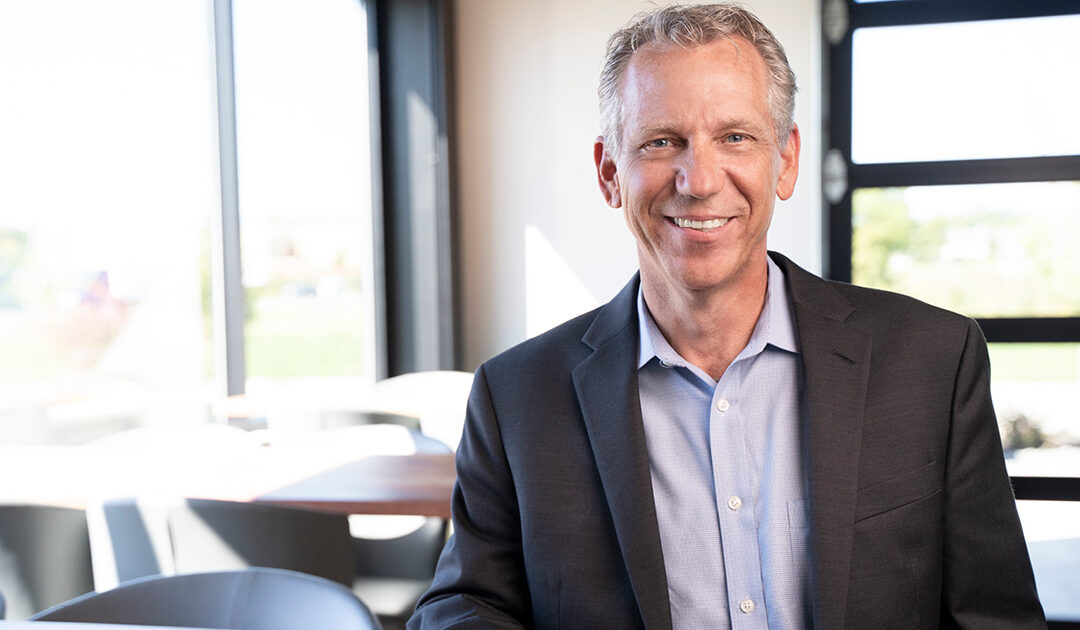GET PROPERTY UPDATES
Sign up to receive the latest updates on the property types of your choice. We will only send you emails regarding the property types of your choice, you can unsubscribe at any time.
"*" indicates required fields
When evaluating an investment property, a quick helpful tool that can be used to assess how well a tenant’s business is performing, is the health ratio.
A health ratio shows the percent of rent that is being paid to the owner verses the tenant’s gross sales.
Simply take the annual rent paid and divide it by the annual gross sales.
For example, if a tenant is paying $100,000 a year in rent and the tenant’s store sales are $1,000,000, the health ratio would be 10%. The ratio is industry specific, below are four different industries and what is considered “healthy”.
Grocery: 1-5%
Restaurants: 6-10%
Fitness: 15-25%
Apparel: 10-15%
Please contact us today if you have any investment questions! We look forward to helping.

As we all work through these difficult times it has caused many clients, customers, and other business owners to get creative on how to create cash flow. There are many business owners that are not familiar with the leased real estate investment market. You may be surprised that there is an entire global market that chooses to diversify their money by putting money into real estate that is leased. The returns on those investments are paid by the tenants/businesses that occupy them when they pay rent. If you are experiencing a tight time of cash flow, you may want to consider selling your property to a third party investor and signing a long term lease.
These are just a few benefits of doing a lease back:
If this sounds like a strategy you are interested in, consider giving me or one our experienced agents a call to discuss how we can help you.
View For Sale listings Gerspacher Real Estate has on the market.

Every commercial lease is unique. There are many different types of leases you may encounter when looking for office space. And even within the broad categories of lease types – the devil is always in the details. A Landlord may use terms like “operating expenses,” “CAM (common area maintenance,” “all third party expenses”, etc; which typically include real estate taxes, insurance, snow plowing/lawn maintenance and may or may not include repairs.
Again, since every lease is unique, what is important is that you fully understand what expenses you will be responsible for and what expenses the Landlord will pay.
In General, the broad categories of lease types include:
Full Service Gross Lease – Tenant pays flat rental amount and Landlord covers all operating expenses and utilities
Gross Lease – Tenant pays flat rental amount + utilities and Landlord covers all operating expenses
Modified Gross Lease – Tenant pays flat rent + utilities and some of the operating expenses
NNN Lease – Tenant pays base rent + utilities + operating + taxes, insurance and repairs
If your lease is expiring make sure to explore the options in the market we have available. Let Gerspacher Real Estate Group assist you in finding your next office space and help you understand your lease structure.

When it comes to investing in CRE, buyers look at several factors. Below is a short list of items investors are going to look at:
Length of lease – If all goes as planned, how long should I expect cash flow?
Quality of the tenant – What is the chance of default?
Rent Escalations – Escalations in rent = increase in returns
Location of the building – What happens if/when the current tenant leaves?
These factors all plat into the return. When you are ready to sell or buy a commercial real estate asset, we would welcome the opportunity to discuss your options.